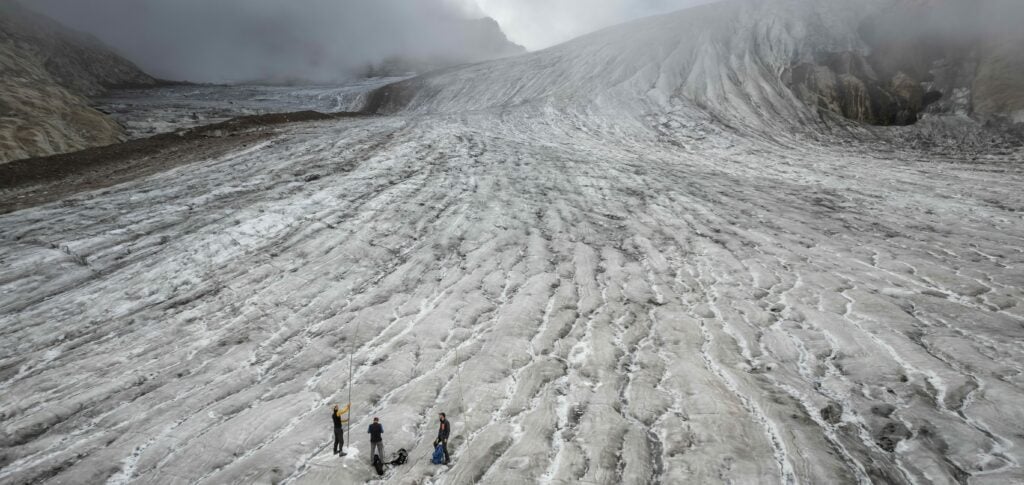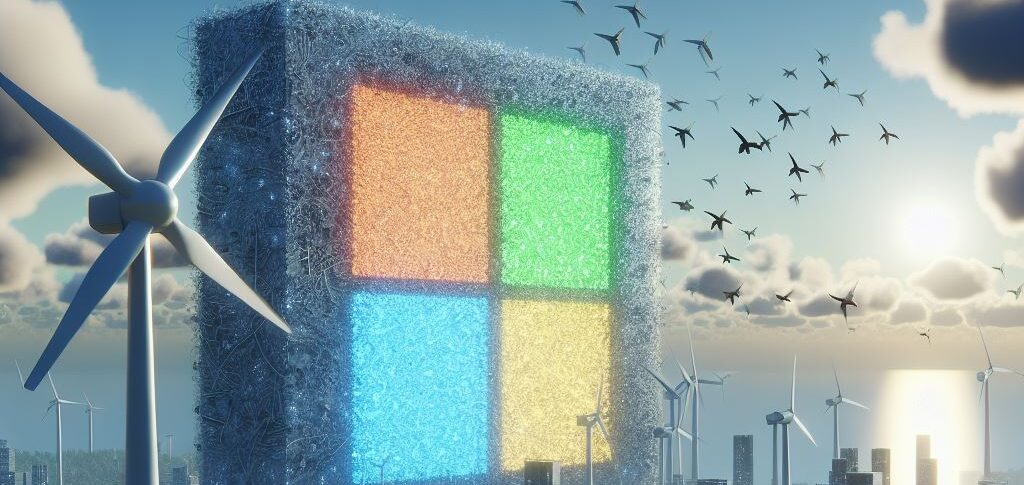♻️ Packaging & Sustainability Forum
There is a big debate about reducing packaging consumption. Is a life without packaging possible?
ADVERTISING
What would it be like to shop at the supermarket without packaging? Or what would it be like to export or import products without packaging in a globalized world? A world without packaging is unrealistic because they play a fundamental role in consumers' daily activities and in the country's economy.
With the idea of discussing packaging with a lower environmental impact, promoting the circular economy model and establishing projects to recover materials already used, the Packaging Institute organizes the 15th edition of the Packaging & Sustainability Forum, which takes place on the 28th and 29th of September online.
The event will bring together leaders from the packaging value chain to discuss opportunities and initiatives that promote the reduction of less environmental impact and the circularity journey of post-consumer packaging.
ADVERTISING
For this edition, lectures from representatives of important players in the sector have already been confirmed, such as Ball, Bobst, CBA, Henkel, Indorama, Irani Embalagens, Klabin, Owens-Illinois, Papirus, Suzano, Valgroup, Evertis, Novelis, Unilever, Nestlé, Yara Fertilizers, Pepsico, Jhonson and Jhonson, Natural One, Natura, Grendene, among others.
Main themes:
- Technologies that allow single-material packaging;
- Development of Sustainability Solutions;
- Integrated Management Model for Sustainability;
- Reverse Logistics and Recycling Credit Management;
- Innovation as a key element for the Circular Economy in Packaging;
- Redução de Impacto Ambiental nas Embalagens para Perfumaria;
- Encouraging circularity;
- Use of PET PCR in Natural Juice Bottles.
Applications must be made at the official page of the Packaging Institute.
🚢 Hydrogen could be key to achieving environmental goals in maritime transport
Maritime transport is responsible for 80% of goods transported globally, according to data from the United Nations (UN).
ADVERTISING
There are currently, according to UN reports, around 100 commercial ships that use fossil fuels for propulsion, such as bunker oil, diesel or liquefied natural gas (methane).
Due to the importance of these activities in the modern economy, they alone are responsible for 3% of carbon dioxide emissions per year.
In an attempt to curb this negative impact, the International Maritime Organization (IMO), the UN body responsible for regulating this medium, set the goal of halving total annual emissions within 28 years.
ADVERTISING
The fuel most commonly used by ships is bunker, heavy oil that contains significant amounts of sulfur. Its burning results in the emission of greenhouse gases (GHG) and other polluting gases.
A 2020 IMO study estimates that between 250 and 300 million tons of fuel are consumed annually, which causes an annual emission of 1.076 million tons of CO².
"If maritime transport were a country, it would be the sixth most polluting in the world, behind only Japan and ahead of Germany”, compares Reinaldo Pinto dos Santos, co-founder and president of TWB Bahia Transportes Marítimos.
ADVERTISING
Among the main solutions to this problem is the use of new fuels – in this scenario, hydrogen, produced without CO² emissions, stands out.

A green fuel
According to the International Energy Agency, hydrogen stands out compared to other technologies also due to its minimal use of ores and rare earths. And the metal used for its production is 100% recyclable.
The necessary adjustment to implement hydrogen on ships is storage, as it requires a volume 4,3 times greater than marine diesel. “We are talking about greener navigation. These transports will use a type of compressed hydrogen as an energy source”, explains Reinaldo.
One of the vessel projects powered by liquid hydrogen is MASS, a project by Acua Ocean, a UK startup specializing in clean maritime energy.
🌱 Carbon credits in favor of the Atlantic Forest
A new Brazilian methodology aims to associate carbon credits with payment for other environmental services – such as maintenance of the biodiversity -, opening up the possibility of using the instrument for conservation in areas where it is not currently used, such as the Atlantic Forest.
The proposal was developed by the Brazilian consultancy Eccon and Reservas Votorantim and has just been put out for public consultation for a period of two months.
The period extends until after the 27th United Nations Conference on Climate Change (COP27), which begins in November, so that it is possible to present the idea and collect impressions.
“The methodology innovates by including the Atlantic Forest biome within strategies that connect conservation, Payment for Environmental Services (PSA) and voluntary carbon markets, contributing to conservation efforts for the remaining 12,4% of this biome in Brazil, in accordance with SOS Mata Atlântica”. (Votorantim Reservations)
🏔️ Swiss glaciers melt at record speed
Switzerland's glaciers lost 6% of their total volume this year due to a dry winter and successive heat waves in the summer, breaking all melting records, according to a report released this Wednesday (28).
O study by the Cryospheric Commission (CC) of the Swiss Academy of Sciences (*) shows the magnitude of glacier loss, which will only worsen in the future.
“2022 was a disastrous year for Swiss glaciers: all melt records were broken,” said the CC, which said a loss of 2% in 12 months was previously considered “extreme”.
Three cubic kilometers of ice melted, according to the report.
“It is not possible to stop the melting in curto term,” said glaciology professor Matthias Huss, head of the Glacier Monitor in Switzerland, which documents long-term changes in glaciers in the Alps and is coordinated by CC.
If carbon dioxide emissions are reduced and the climate protected, “a third of the total volume in Switzerland could be saved at best,” he told AFP.
On the other hand, if the situation continues, the country “will have lost everything by the end of the century”.
(With Estadão Content e AFP)
O Curto Verde is a daily summary of what you need to know about the environment, sustainability and other topics linked to our survival and that of the planet.
(🚥): may require registration and/or signature
(🇬🇧): content in English
(*): content in other languages is translated by Google Tradutor




